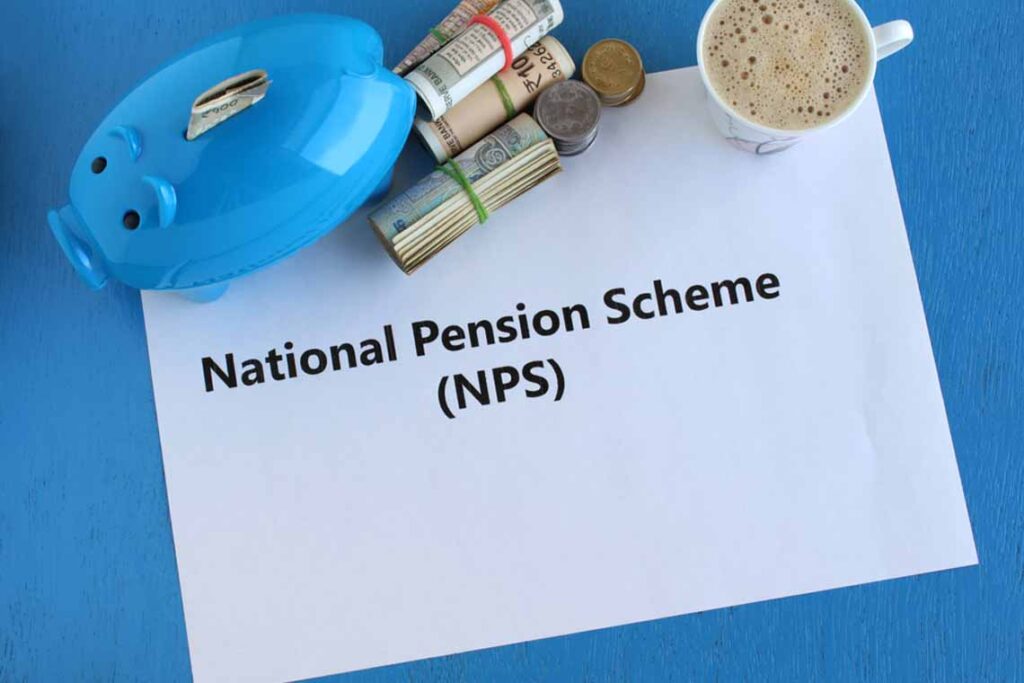Voluntary Retirement Scheme (VRS) is a mechanism used by companies to reduce their workforce by offering employees an option to retire voluntarily. The compensation received under VRS is governed by Section 10(10C) of the Income Tax Act, 1961, which provides exemptions for such payments.
Eligibility for Exemption:
- The exemption applies to employees of:
- Public Sector Companies.
- Other Companies (private or public).
- Authorities established under Central/State/Local Laws.
- Institutes of Higher Education (e.g., universities, colleges).
- Indian Institutes of Technology (IITs).
- State Governments.
- Central Government.
- Local Authorities.
Exemption Limit:
- The exemption is limited to the least of the following:
- ₹5,00,000(maximum limit as per the Income Tax Act).
- Actual compensation receivedunder the VRS.
| Compensation Type | Exemption |
| VRS Compensation | Least of ..
1. ₹5,00,000 or 2. Actual Compensation Received |
| Compulsory Retirement/Termination | Not exempt |
Conditions for Exemption:
- The VRS must comply with the guidelines prescribed by the Central Government.
- The employee must not have availed of the VRS exemption in any previous year.
- The exemption is available only once in a lifetime.
Taxability of Excess Amount:
- Any amount exceeding the exempted limit is taxable under the head “Income from Salaries”.
Example Scenarios:
Case 1: Employee of a Public Sector Company
- VRS compensation received: ₹6,00,000
- Exempted amount: ₹5,00,000
- Taxable amount: ₹1,00,000
Case 2: Employee of a Private Company
- VRS compensation received: ₹4,50,000
- Exempted amount: ₹4,50,000
- Taxable amount: ₹0
Case 3: Employee Claiming Exemption Twice
- VRS compensation received in previous year: ₹3,00,000 (exempted)
- VRS compensation received in current year: ₹4,00,000
- Exempted amount: ₹0 (since exemption was already claimed)
- Taxable amount: ₹4,00,000
Notes:1. Maximum Exemption Limit: o The maximum exemption limit for VRS compensation is ₹5,00,000. This limit applies to the total compensation received during the employee’s entire career. 2. One-Time Exemption: o The exemption under Section 10(10C) can be claimed only once in a lifetime. If an employee has previously claimed this exemption, they cannot claim it again. 3. Guidelines for VRS: o The VRS must comply with the guidelines prescribed by the Central Government. These guidelines include:
4. Non-Eligible Payments: o Payments received under a compulsory retirement scheme or termination of employment do not qualify for exemption under Section 10(10C). 5. Multiple Employers: o If an employee has worked with multiple employers, the exemption limit of ₹5,00,000 applies to the aggregate VRS compensation received from all employers. |











